According to lawmakers, the bill aims to restore the collective bargaining rights of federal workers, which they argue are essential for ensuring fair treatment and better working conditions. "This bill is a crucial step towards restoring the rights of federal workers who have been unfairly stripped of their collective bargaining powers," said Representative [Name], a key sponsor of the bill. "We believe that federal workers deserve the same rights and protections as their private sector counterparts."
The collective bargaining rights of federal workers have been a contentious issue for years, with some arguing that it is essential for maintaining a professional and efficient workforce, while others see it as an unnecessary burden on taxpayers. The executive order signed by President Trump in 2020 was met with widespread criticism from labor unions and Democratic lawmakers, who argued that it would lead to lower wages and reduced benefits for federal workers.
The bill, which has been introduced in the House of Representatives, has gained significant support from lawmakers, with over 200 signatures collected in support of a discharge petition. A discharge petition is a procedural move that allows a bill to bypass committee review and come to the floor for a vote. If the bill passes, it will then move to the Senate for consideration.
The implications of the bill are significant, as it would restore the collective bargaining rights of federal workers and potentially lead to better wages, benefits, and working conditions. However, it is unclear whether the bill will pass, as it faces opposition from Republican lawmakers who argue that it would be a costly and unnecessary burden on taxpayers.
The current status of the bill is that it has been referred to the House Committee on Oversight and Reform, where it will be reviewed and potentially marked up before coming to the floor for a vote. If the bill passes the House, it will then move to the Senate for consideration, where it will face a potentially more challenging path to passage.
In a statement, a spokesperson for the White House said that the administration is "reviewing the bill and will consider its implications." The spokesperson did not provide further comment on the administration's position on the bill.
The collective bargaining rights of federal workers have been a contentious issue for years, with some arguing that it is essential for maintaining a professional and efficient workforce, while others see it as an unnecessary burden on taxpayers. The executive order signed by President Trump in 2020 was met with widespread criticism from labor unions and Democratic lawmakers, who argued that it would lead to lower wages and reduced benefits for federal workers.
As the bill moves forward, it is likely to face significant opposition from Republican lawmakers, who argue that it would be a costly and unnecessary burden on taxpayers. However, supporters of the bill argue that it is essential for ensuring fair treatment and better working conditions for federal workers. The outcome of the bill is uncertain, but one thing is clear: the collective bargaining rights of federal workers will continue to be a contentious issue in the years to come.



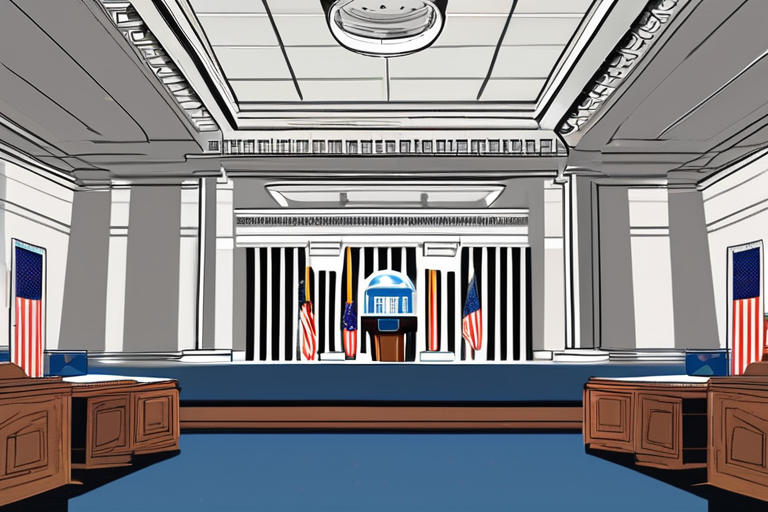
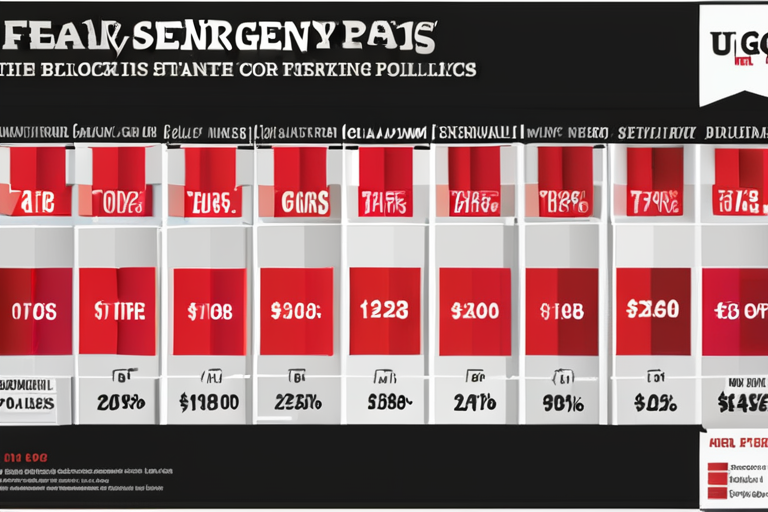
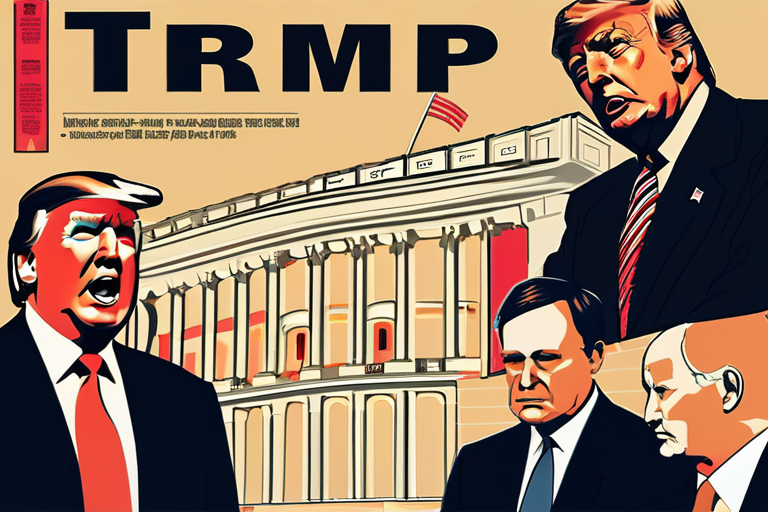
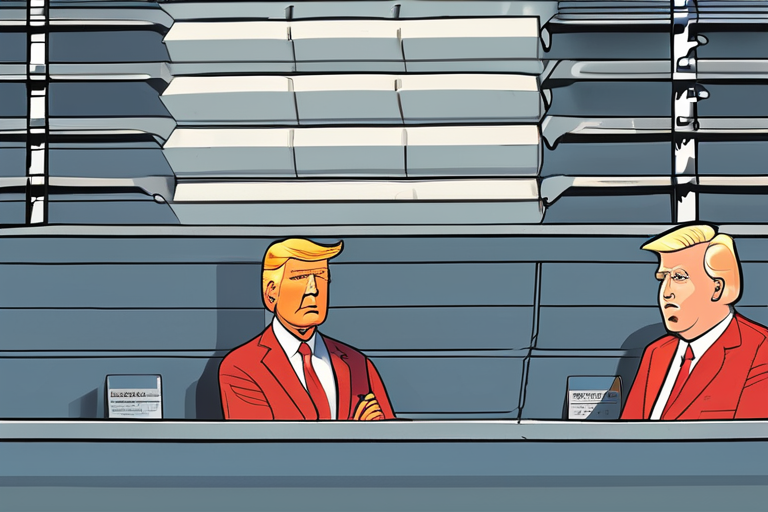
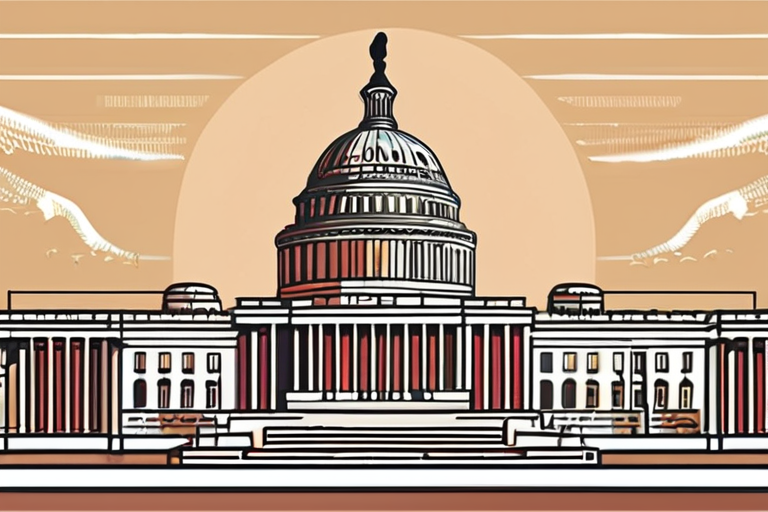

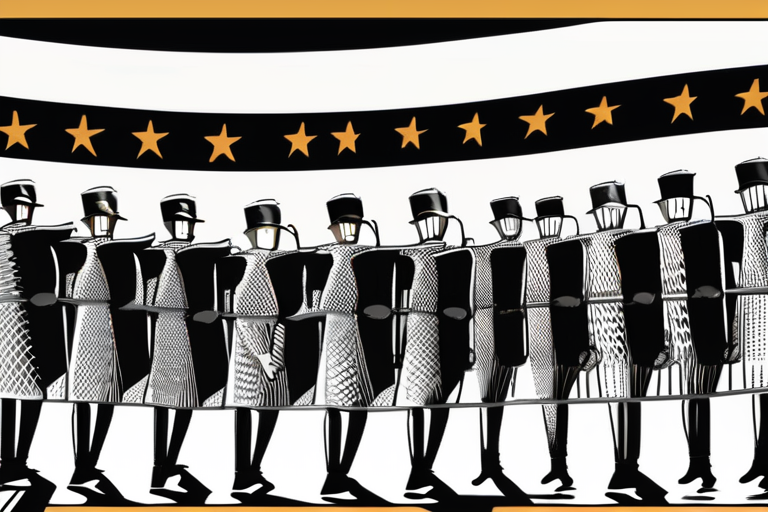
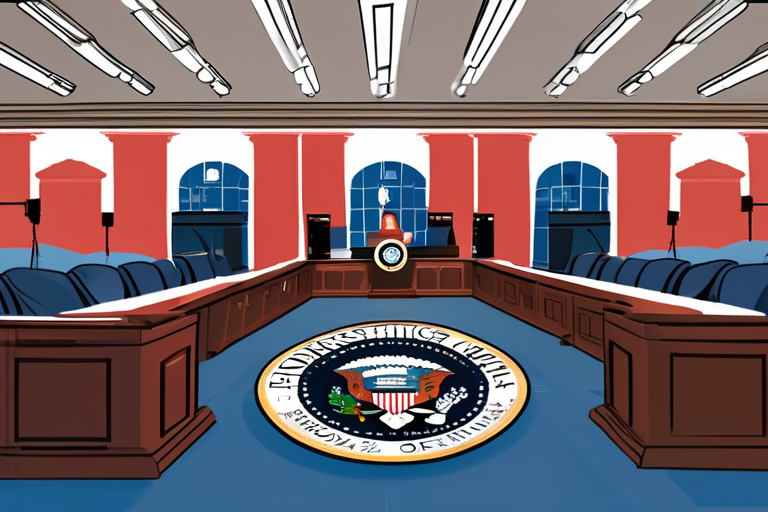

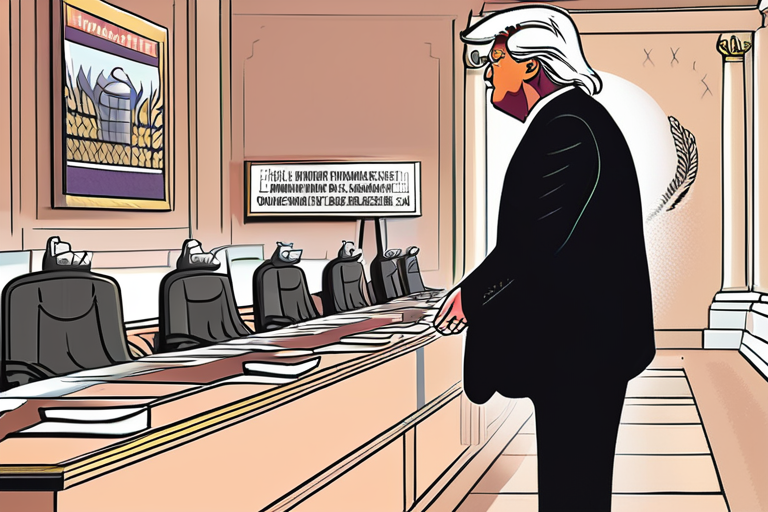
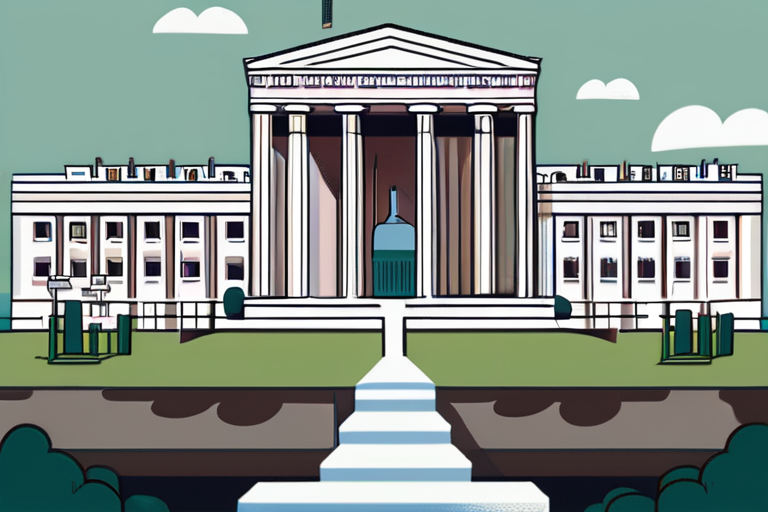
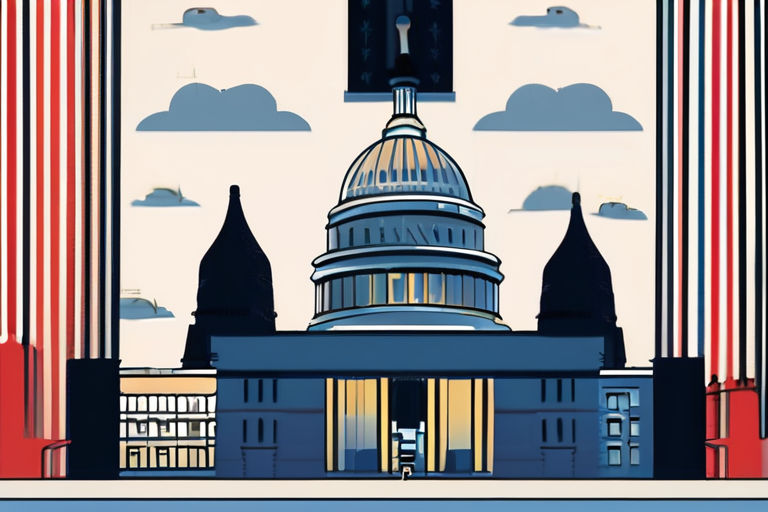
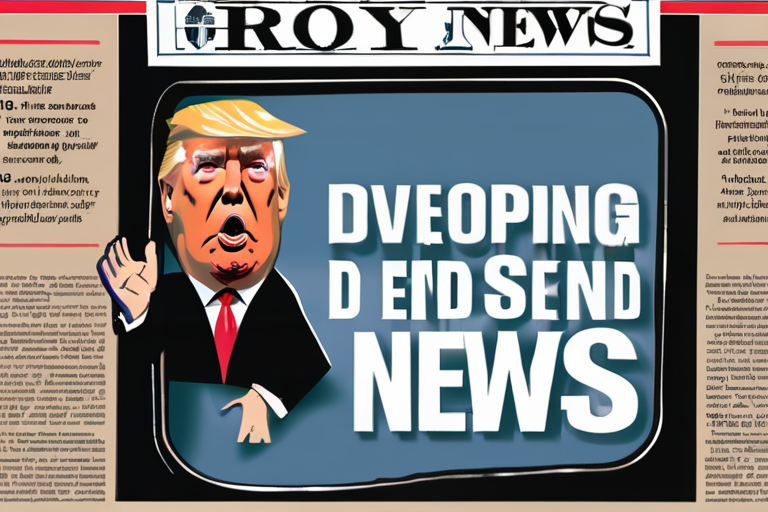

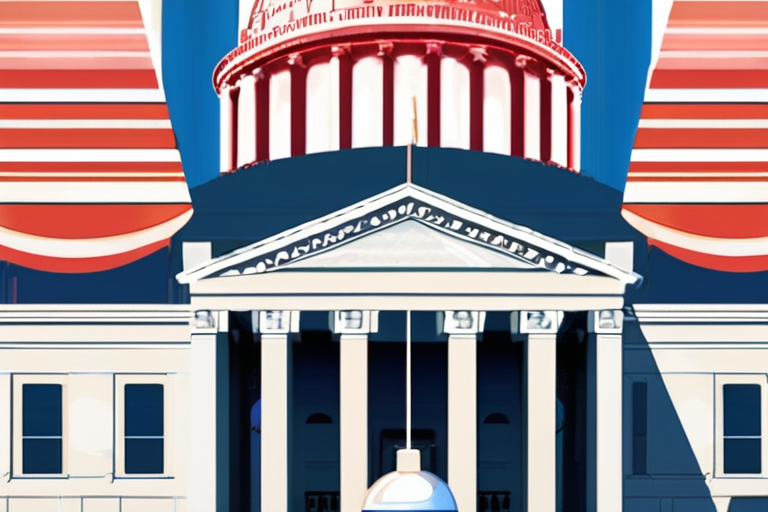

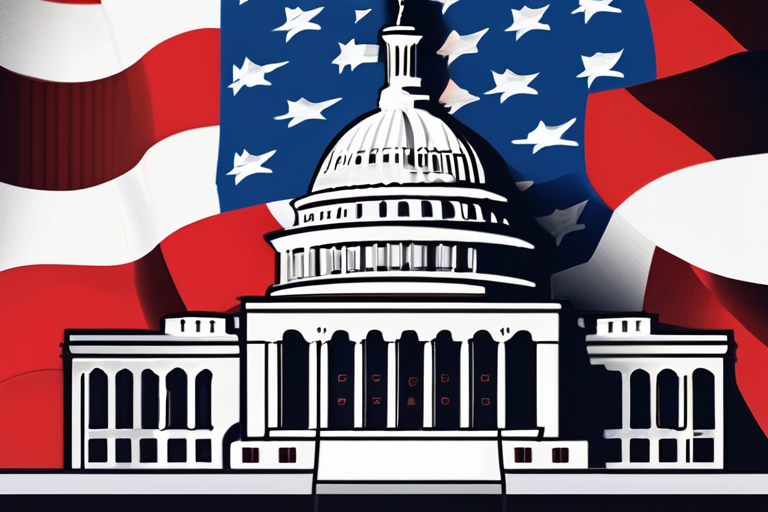
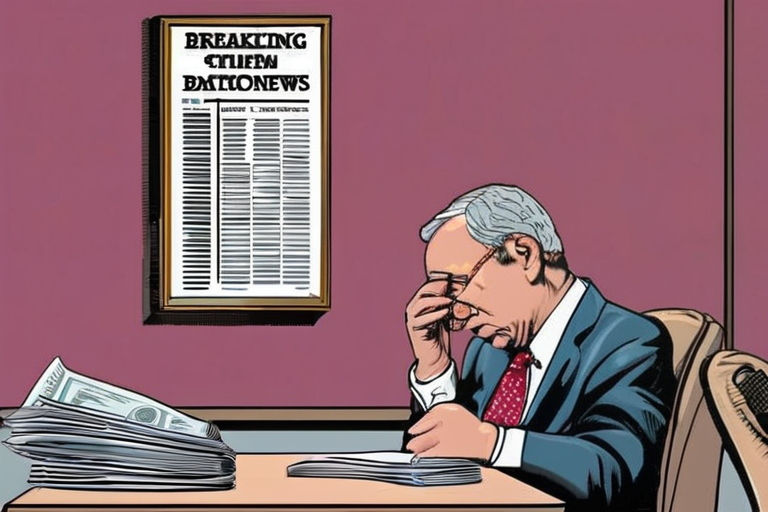
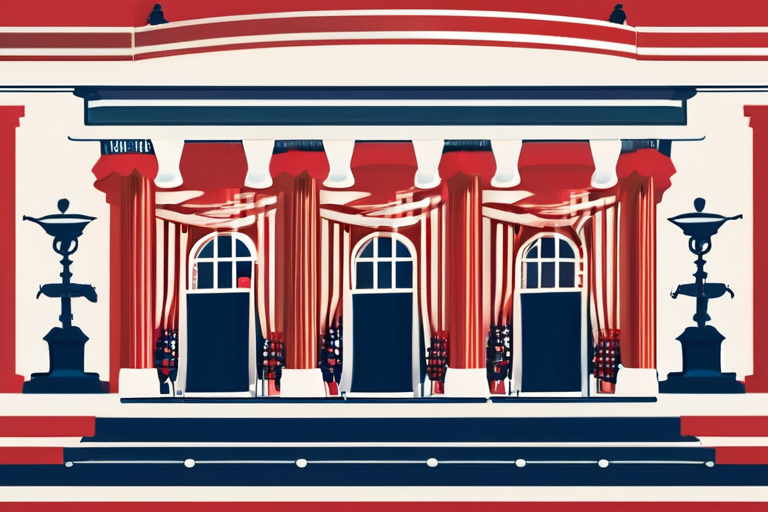
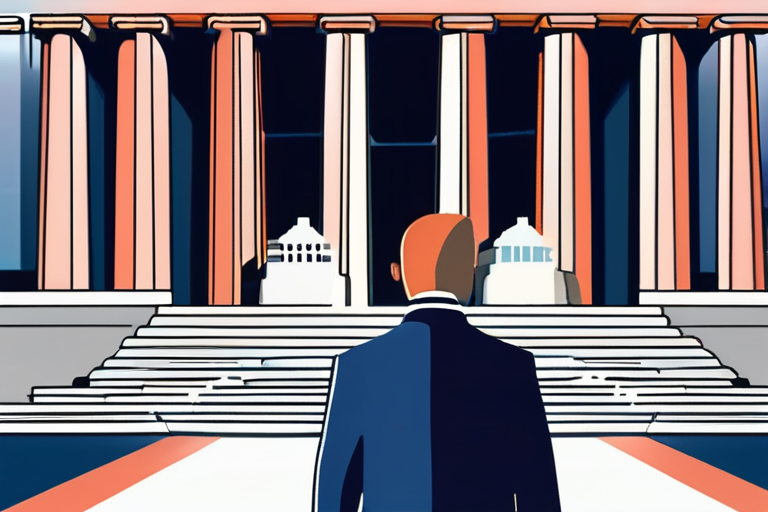
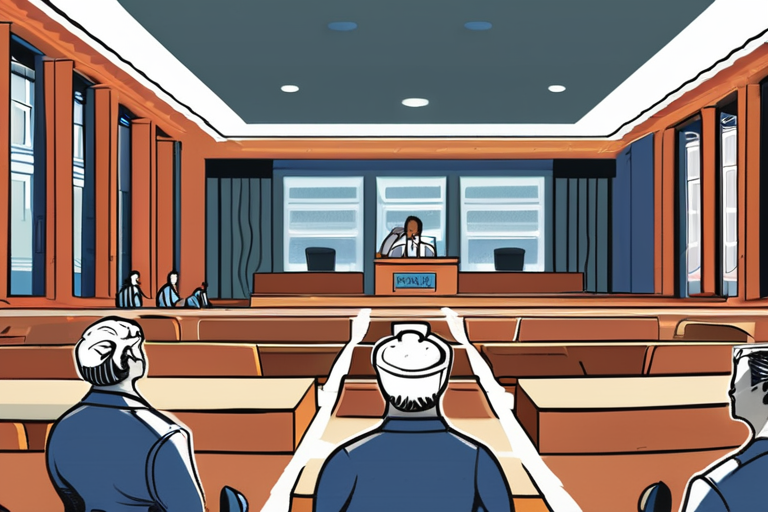

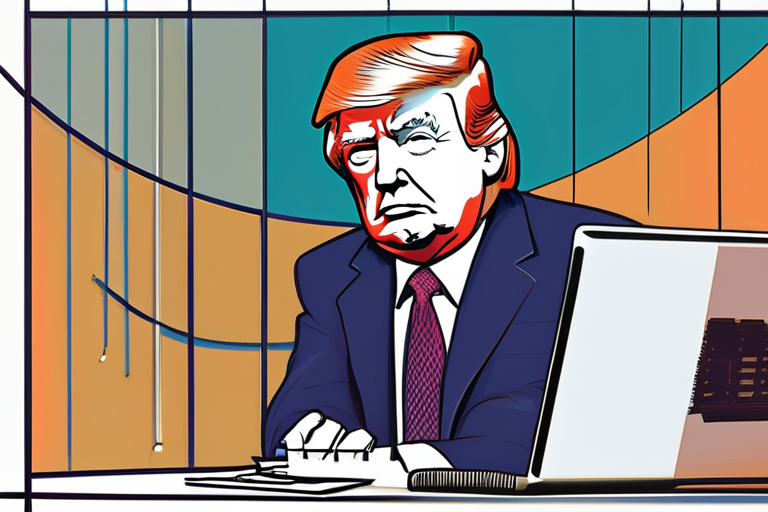

Share & Engage Share
Share this article